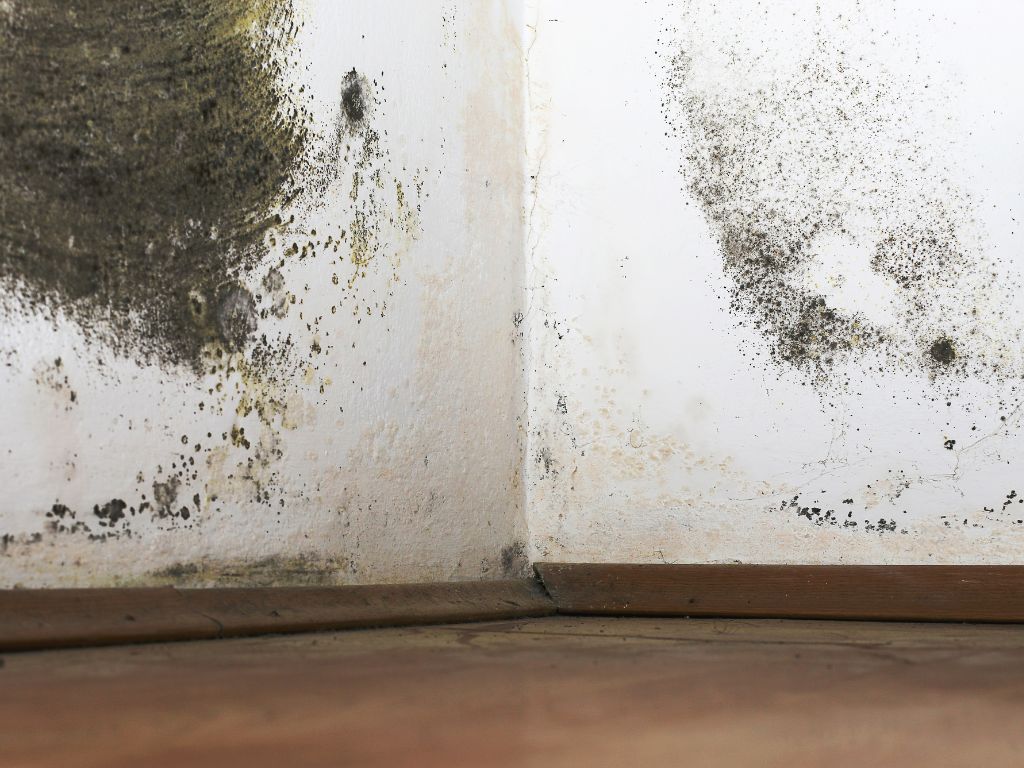Why Team Success Depends on Recovery—and How Sleep Plays a Role

In today’s fast-paced work environments and competitive sports arenas, teams often push themselves to the limits to achieve success. However, what many overlook is that the real secret to sustained team success isn’t just hard work or strategy—it’s recovery. Recovery allows individuals and teams to reset, rebuild, and come back stronger. One critical yet underestimated factor in effective recovery is sleep. Before diving into why sleep is so essential for team success, it’s important to understand how poor sleep and physical discomfort can derail even the most disciplined efforts. For example, many people experience causes of back pain after switching mattresses, which disrupts sleep quality and hampers recovery. This illustrates just how critical restful sleep is in supporting overall health and performance.
The Vital Role of Recovery in Team Success
When we think of recovery, the first image that often comes to mind is athletes resting between games or training sessions. But recovery is just as vital in any team-based setting—whether it’s a corporate office, a creative agency, or a sports team. Recovery refers to the physiological and psychological processes that allow the body and mind to repair and rejuvenate after exertion.
Why Recovery Matters
- Physical Restoration: Physical recovery repairs muscles, replenishes energy stores, and helps prevent injury. Without proper recovery, team members risk fatigue, injury, and burnout.
- Mental Recharging: Recovery also addresses cognitive and emotional fatigue. Teams facing long hours or high-pressure situations need time to reset mentally to maintain focus, creativity, and decision-making skills.
- Sustained Performance: Teams that neglect recovery can experience declines in performance, morale, and collaboration, all of which can directly impact success.
In essence, recovery fuels resilience, allowing teams to operate at their highest potential consistently rather than burning out quickly.
Sleep: The Cornerstone of Effective Recovery
Among various recovery methods—such as active rest, nutrition, and stress management—sleep stands out as the most powerful and accessible tool. Sleep is a natural process that allows the body and brain to perform vital maintenance tasks, including muscle repair, memory consolidation, and hormonal regulation.
The Science Behind Sleep and Performance
During deep sleep stages, the body releases growth hormone, which aids muscle repair and regeneration—critical for athletes and physically demanding roles. Meanwhile, REM sleep supports brain functions like problem-solving, creativity, and emotional regulation—key to effective teamwork and leadership.
Chronic sleep deprivation or poor-quality sleep, such as that caused by discomfort from a bad mattress, can lead to:
- Reduced reaction times
- Impaired judgment
- Increased stress and irritability
- Weakened immune function
All of these factors hinder individual and team performance.
Linking Sleep and Team Dynamics
How exactly does sleep impact team success? Consider that teams are essentially groups of individuals working interdependently. If one or more team members are sleep-deprived, it affects not only their productivity but also group dynamics, communication, and morale.
Key Impacts of Sleep on Team Function
- Improved Communication: Well-rested individuals are better at reading social cues, listening, and expressing themselves clearly, which helps reduce misunderstandings.
- Enhanced Creativity and Problem-Solving: Sleep promotes cognitive flexibility, allowing teams to generate innovative solutions.
- Better Emotional Regulation: Teams often face conflict; good sleep helps members manage emotions constructively.
- Higher Energy and Motivation: Sufficient sleep sustains motivation, reducing absenteeism and presenteeism.
By fostering a culture that values recovery and sleep, leaders can build more cohesive, adaptive, and productive teams.
Practical Strategies to Enhance Recovery and Sleep in Teams
Understanding the importance of sleep and recovery is the first step, but how can teams implement this knowledge effectively?
- Prioritize Sleep Hygiene Education
Educate team members about the importance of sleep and encourage habits like consistent sleep schedules, reducing screen time before bed, and creating a restful environment. For example, addressing common issues like causes of back pain after switching mattresses can help individuals improve sleep quality and avoid discomfort that disrupts rest.
- Encourage Work-Life Balance
Avoid glorifying overwork and long hours. Promote reasonable workloads and encourage breaks during the day to prevent burnout.
- Design Recovery-Friendly Schedules
In physically demanding teams—such as sports or fieldwork—build recovery days into training or work cycles. In office settings, consider flexible work hours or occasional “mental health days.”
- Create Sleep-Conducive Environments
If possible, provide quiet spaces for short naps or relaxation. Encourage employees to optimize their sleep environments at home, from mattress quality to light and noise reduction.
- Lead by Example
Leadership must model recovery-positive behaviors, such as respecting boundaries and taking breaks, to create a supportive culture.
The ROI of Recovery-Focused Teams
Investing in recovery isn’t just about health; it delivers measurable business and performance benefits.
- Increased Productivity: Well-rested teams work smarter and faster.
- Reduced Errors: Sleep supports focus and reduces costly mistakes.
- Lower Turnover: Teams that feel cared for tend to stay motivated and loyal.
- Improved Morale: Rested teams are more positive and collaborative.
For athletes, recovery means longer careers and better game-day performance. For corporate teams, it translates to better innovation, decision-making, and client satisfaction.
Conclusion
Team success is a complex equation involving skills, strategy, and resources—but at its core lies a simple truth: recovery matters, and sleep is essential to recovery. By recognizing the critical role of restful sleep and prioritizing recovery strategies, teams can unlock sustained performance and resilience. Paying attention to factors that disrupt sleep—like mattress discomfort that can cause back pain—can be the difference between fatigue and peak performance.
Whether you lead a sports team, manage a department, or collaborate in any group setting, championing sleep and recovery can transform the way your team performs. After all, true success isn’t about how hard you push—it’s about how well you recover and come back stronger.





